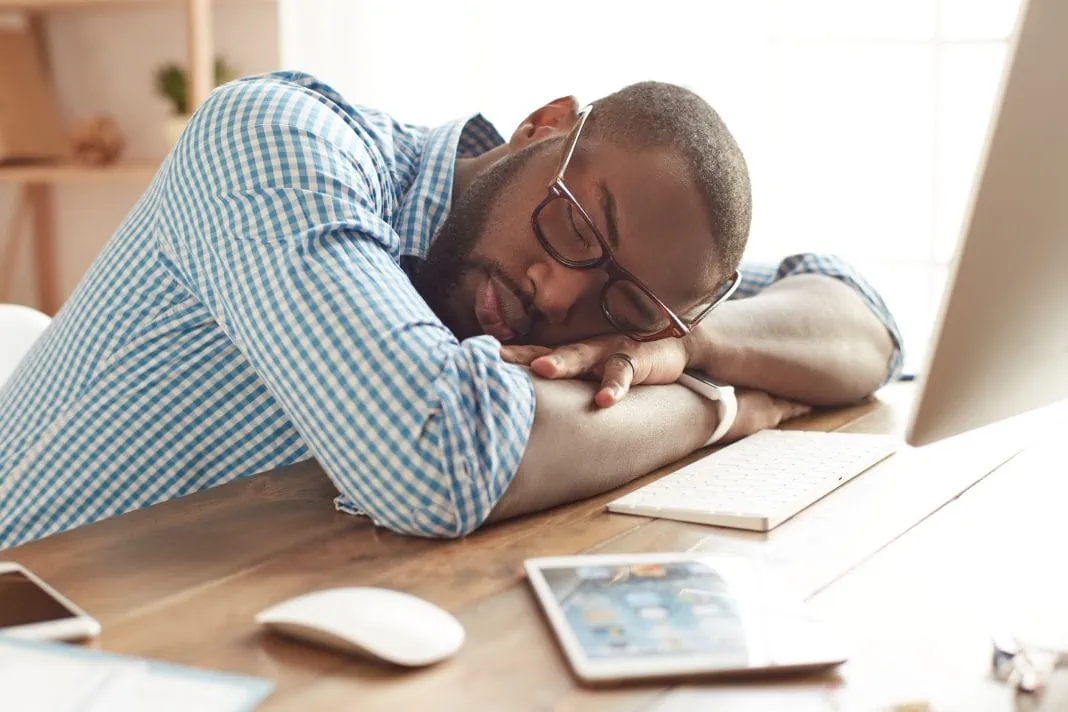If you’re feeling tired very often and it seems like other people are bursting with energy, even though they have very busy lives it’s time to reassess your habits and state of health. Fatigue can have a major impact on your life.
Most people have jobs or at least some daily chores they need to do, whether they feel like it or not. If your energy depletes quickly, you might risk missing out on the good things in life. Sure, not getting enough sleep would be one of the obvious reasons. However, if that’s not your case, it may very well be something you’re unaware of.
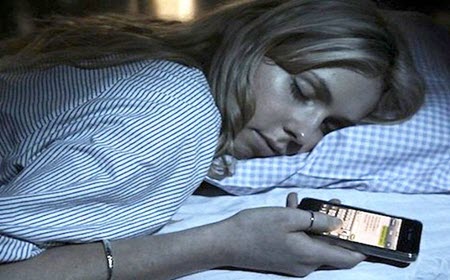
1. Cell phones and other mobile devices
Today we are surrounded by technology, and we tend to cling to it even as we climb into our beds. Studies have shown the artificial light of these gadgets can suppress the sleep hormone melatonin. According to a poll conducted by the National Sleep Foundation in 2011, people between the ages of 19 and 29 are awakened at least a few nights a week by calls, e-mails, or text messages.
Give up tapping on your tablet as you try to fall asleep. Turn those devices off when you go to bed and re-charge them in another room. You don’t want any blinking LED lights taking away your restful sleep.
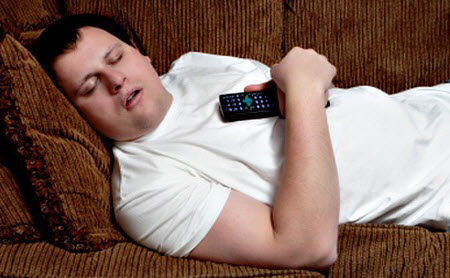
2. Not enough exercise
As you come home exhausted from work, exercise is probably the last thing on your mind. How could it be a priority when all you feel like is crashing on the couch?
It may not seem like the obvious choice, but exercise can improve pretty much all your body functions besides firming up your muscles.
Having a good fitness level will give you more energy so you can carry out all your tasks throughout the day.

3. Too much exercise
Working out is great for your health, but too much of anything can be bad for you. If you’re doing some strenuous workout routines, especially intense cardio activities you might be depleting your energy stores with nothing left for your other activities.
Try having some break days in which you allow your body to rest and recover or combine cardio with strength training workouts to get the best of both worlds.
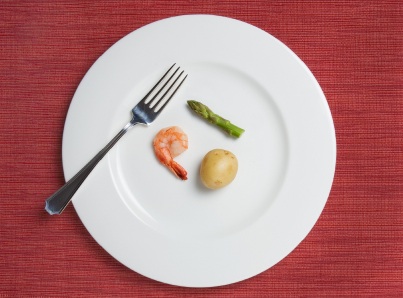
4. Insufficient calories
Your body needs food for energy, and if you don’t give it enough, well it just might not keep up with your demands.
You might be trying to lose weight or you’re not a food-focused person, either way, if you’re not eating enough, you need to readjust your diet so it can provide your body with all the necessary nutrients, vitamins, and minerals.
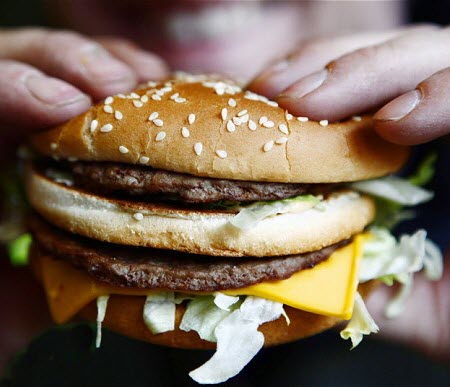
5. Poor diet
You might be eating enough in terms of calories, but are you eating the right foods? Is your diet varied enough? Make sure your meals include quality sources of protein and complex carbs. However, your body also needs some fat so instead of dodging it by always choosing low-fat or fat-free foods, eat smaller portions of whole-products.
Ditch fast foods and frozen dinners for home-cooked meals. There are lots of easy, quick recipes using healthy fresh foods anyone can make at home with very little time and effort.
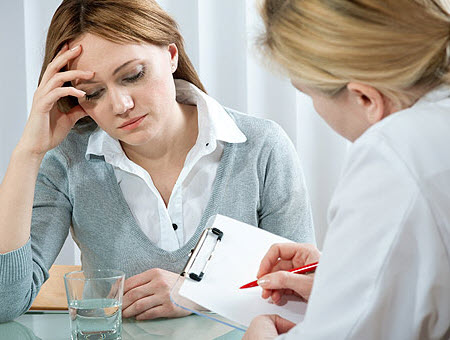
6. An unsuspected illness
Tiredness is a symptom of many illnesses, so you might want to consider visiting the doctor if you’re feeling sluggish all the time.
Fatigue is one of the major symptoms of anemia and women with heavy periods or an iron-deficient diet are more prone to developing the condition. The feeling of exhaustion is also a symptom for diabetes, among others such as excessive thirst, hunger, irritability and frequent urination. Over a million people get diagnosed with type 2 diabetes every year, but for how long did they have it until they found out about it?
Other common diseases with fatigue included in their symptoms are thyroid disease, depression, rheumatoid arthritis, lupus, candida and sleep apnea.
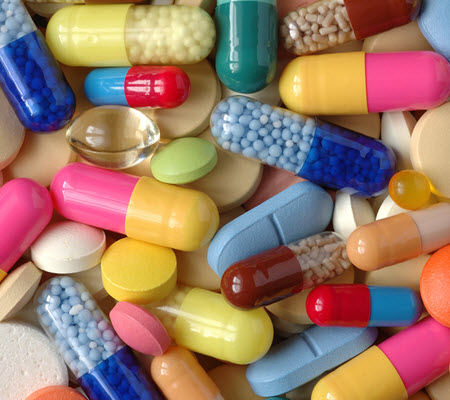
7. Medication
We rely on modern medicine to treat many illnesses, but those powerful drugs sometimes have unwanted side effects. Lots of them have chronic fatigue as a potential side effect, including drugs used to treat cholesterol, blood pressure, anxiety, allergies, depression, and mental disorders. Even some antibiotics and diuretics can make you feel unusually tired and weak.
If you suspect medication might cause your tiredness, talk to your doctor about reducing dosage or finding another type of medication to treat your condition.
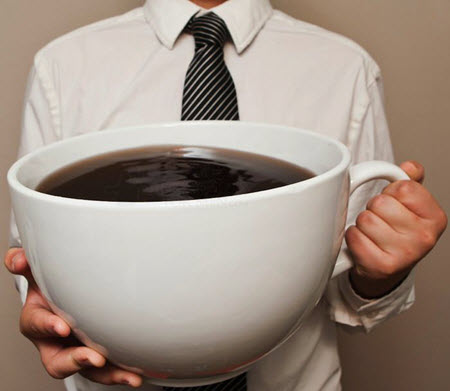
8. Java junkie
There’s practically no coffee drinker who didn’t overdo it at least once and experienced the jitteriness, rapid heart rate, and frequent trips to the bathroom or at least some of these symptoms. However, research discovered fatigue can also be a side effect of too much caffeine.
If you’re drinking too much coffee or other caffeine products, try to cut back on them gradually. Giving them up suddenly can actually cause caffeine withdrawal and make you feel even more tired.
